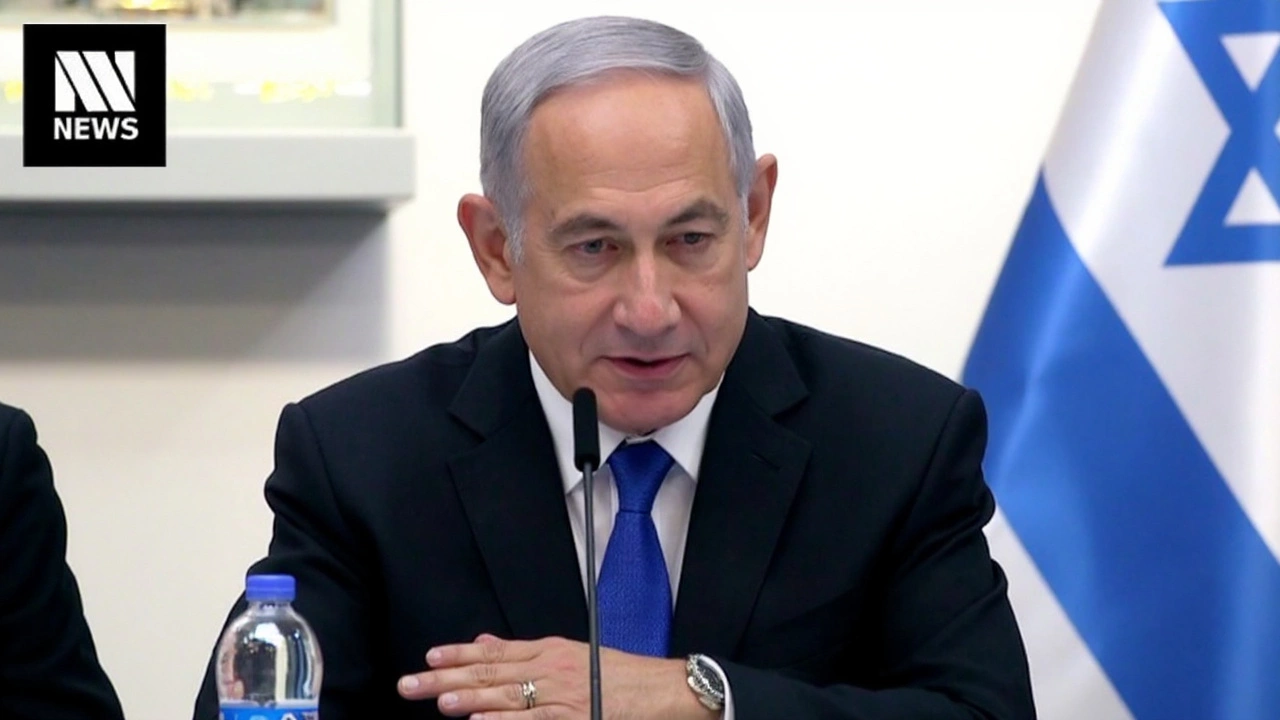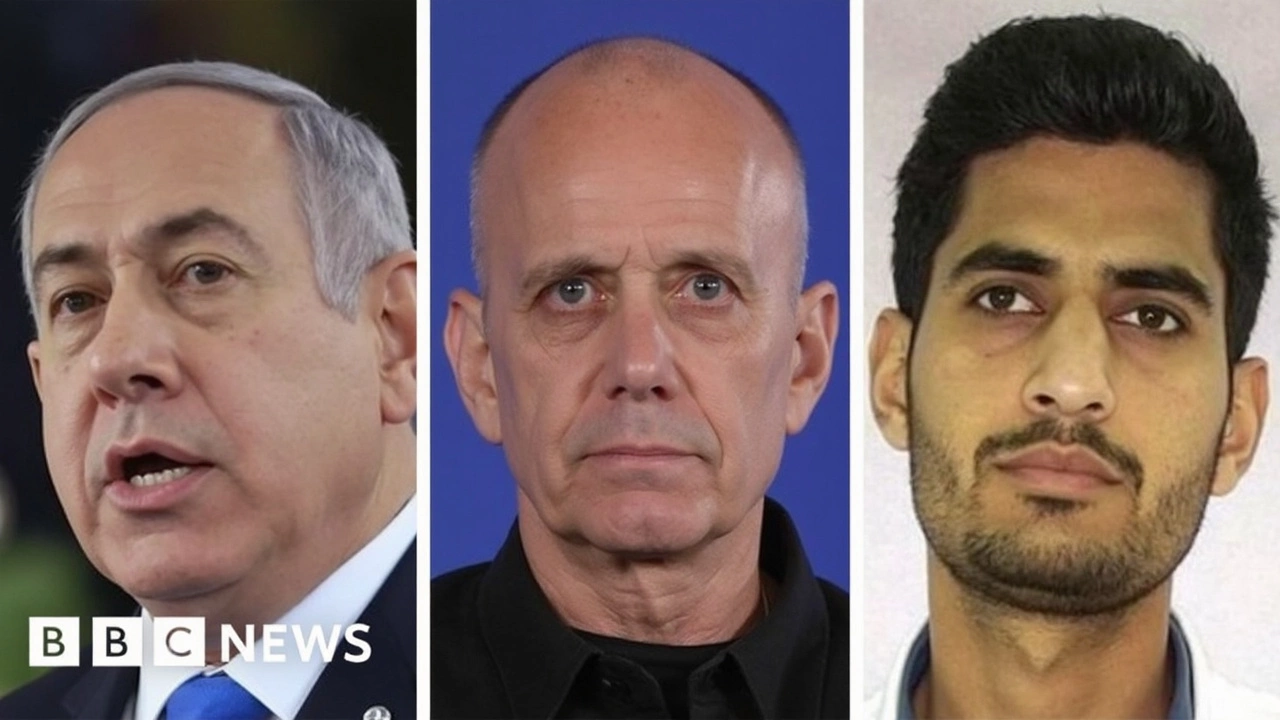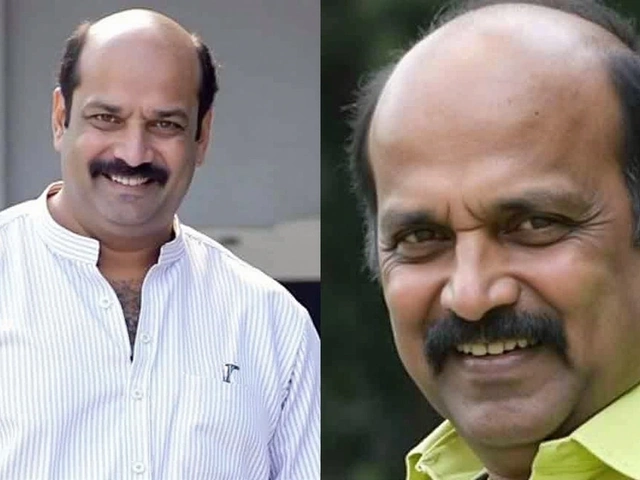ICC Targets Key Figures in Gaza Conflict
In a groundbreaking move on November 21, 2024, the International Criminal Court (ICC) issued arrest warrants for several high-profile figures over actions during the 2023-2024 conflict in Gaza. Among those targeted are Israeli Prime Minister Benjamin Netanyahu, former Defense Minister Yoav Gallant, and prominent Hamas military commander Mohammed Deif. These warrants have stirred significant international debate and controversy, spotlighting the contentious issues of jurisdiction and bias in global justice systems.
The ICC's decision follows a detailed investigation led by Prosecutor Karim Khan, who pursued these allegations in a rigorous manner. The charges against Netanyahu and Gallant are severe; they stand accused of engaging in warfare tactics involving starvation, as well as committing crimes against humanity, including murder and persecution. Their roles as co-perpetrators and decision-makers in military actions against the densely populated Gaza region have drawn particular ire. On the other hand, Mohammed Deif, the senior Hamas figure, is accused of orchestrating hostage-taking and attacks targeting Israeli civilians, contributing to the cycle of violence.

Reactions and Challenges to ICC's Authority
The legal moves by the ICC were made despite substantial challenges from Israel, which contests the court's jurisdiction over its personnel. The Pre-Trial Chamber I of the ICC dismissed these jurisdictional appeals, framing the issue as one of accountability under international law. This ruling effectively mandates the 123 ICC member states to arrest any of the three individuals should they step onto their soil, although practical enforcement varies widely due to differing national stances.
Among the international community, reactions have been divided. While Hamas has praised the arrest warrants as a pivotal step toward justice and recognition of Palestinian suffering, Israel has categorically dismissed them as politically motivated, labeling the actions as anti-Semitic. Such polarized responses underscore the complex geopolitical divides surrounding Middle Eastern conflicts.
Further complicating the issue, nations like Hungary and Germany have demonstrated hesitant or varying commitments to enforcing these warrants, pointing to broader issues of national sovereignty, political alliances, and the often complicated interaction between domestic and international law.
Legal experts have weighed in on the implications of these warrants, noting that targeting leaders of a democratic state could set a precedent impacting global political dynamics. While some analysts criticize the ICC for perceived biases, others argue that this move exemplifies the court's role in holding even the most powerful accountable for their actions across borders.



